Top 10 Richest Car Companies in the World 2025
By ICON TEAM | Published on Jul 24, 2025
List Of Top 10 Richest Car Companies in the World 2025:
Rapid developments in electrification, autonomous driving, and sustainable transportation will influence the dynamic global automobile sector in 2025. Based on a combination of revenue, market capitalization, and overall financial performance, the top 10 wealthiest automakers include a mix of established behemoths and cutting-edge upstarts. These businesses are negotiating a challenging environment that includes the drive toward greener technologies, changing customer tastes, and geopolitical obstacles like tariffs. The top ten wealthiest automakers in the world for 2025 are examined in detail below, with an emphasis on their market positions, strategic goals, and financial accomplishments.
1. Toyota:
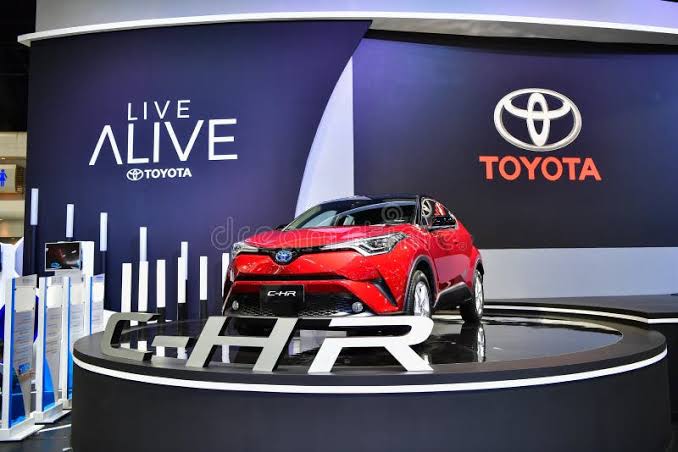
With a market valuation of over $228 billion and projected revenues of almost $280 billion in 2025, Toyota Motor Corporation is still a titan in the automotive sector. Toyota, which is well-known for its dependability and efficiency, has strengthened its position by implementing a varied powertrain plan. As of 2025, 46.2% of its sales will come from electric vehicles, including hybrids like the Prius and Corolla. Due to strong sales in Asia and North America, the corporation achieved operating income of 4.8 trillion yen ($32 billion) for the fiscal year that ended in March 2025. Toyota's long-term profitability is guaranteed by its strategic yet cautious approach to full electrification, investments in hydrogen fuel cell technology, and cost-cutting initiatives. Toyota is at the forefront of the industry thanks to its large production capacity and devoted customer base, even in the face of global obstacles like U.S. tariffs.
2. Ford:
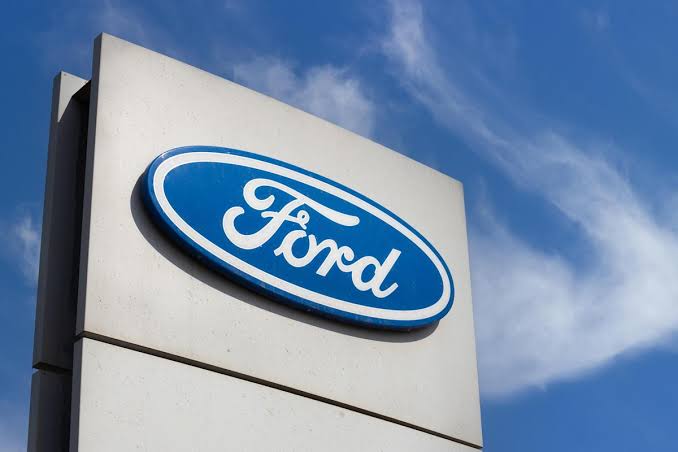
With 2025 sales of over $169.82 billion and a market valuation of $47 billion, Ford Motor Company, a symbol of the American automotive heritage, comes in second. With vehicles like the Mustang Mach-E and F-150 Lightning gaining success in the U.S. market, where Ford is the second-best-selling EV brand, the firm is actively moving toward electrification under its "Ford+" initiative. Even though tariffs are expected to cost Ford $1.5 billion, the company's first-quarter 2025 sales came to $40.7 billion, with a $471 million profit. The corporation is positioned for future success via its investments in software-defined vehicles and connected technology, as well as its streamlined brand lineup that emphasizes Ford and Lincoln. Ford's tenacity in the face of market turbulence highlights its timeless appeal and versatility.
3. General Motors:
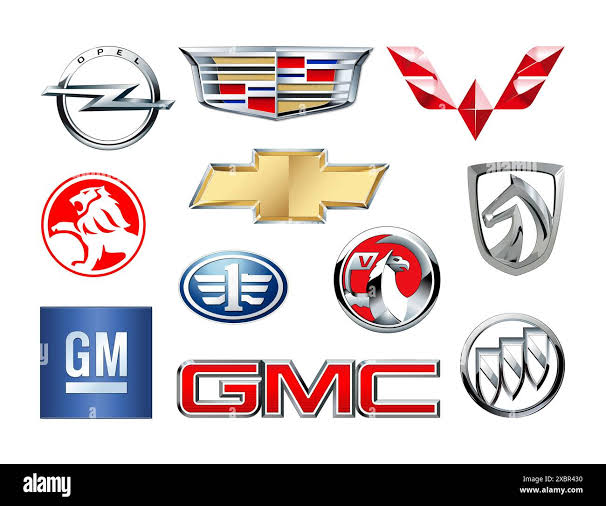
Third place goes to General Motors (GM), another of the "Detroit Three," with a $51 billion market valuation and $44 billion in first-quarter 2025 revenues, up 2.3% from the year before. With ambitions to introduce 30 new EVs worldwide by the end of 2025 and a $35 billion investment in EV and autonomous driving technology, GM's strategy is centered on its ambitious all-electric future. While GM's global profitability are recovering, the company's solid performance in North America is driven by iconic brands like Buick, Cadillac, GMC, and Chevrolet. Cruise, the company's self-driving division, has demonstrated lower losses, indicating advancements in autonomous technology. GM is competitive in a market that is changing quickly thanks to its ability to strike a balance between traditional production and cutting-edge innovation.
4. Tesla:
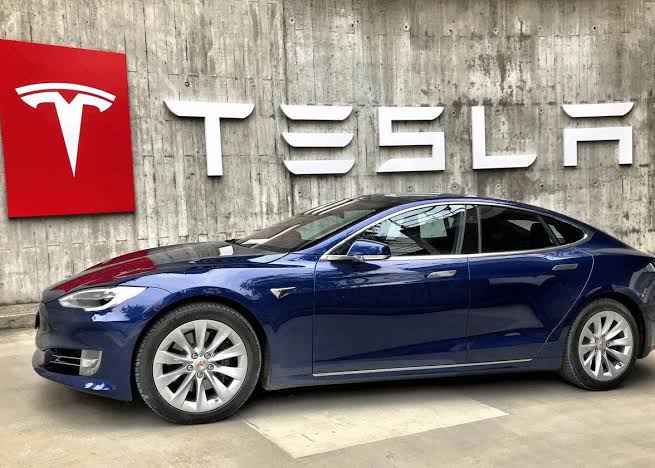
Despite ranking fourth in revenue at $74.86 billion (TTM), Tesla, the pioneer of electric vehicles, has an astounding market value of $1 trillion, making it the most valuable automaker in the world. Tesla's supremacy, spearheaded by Elon Musk, is a result of its innovative battery technology, developments in autonomous driving, such as Full Self-Driving (FSD), and forays into energy storage and solar power. Nevertheless, the business had difficulties in 2025, as evidenced by the sharp competition from Chinese automakers such as BYD, which caused first-quarter profits to plunge 71% to $409 million and sales to decline 9% to $19.335 billion. With plans for a $25,000 Model Y targeted at the Chinese market, Tesla's emphasis on affordability highlights its versatility. Its strong brand and leadership in the EV industry are driving its high valuation.
5. Volkswagen:
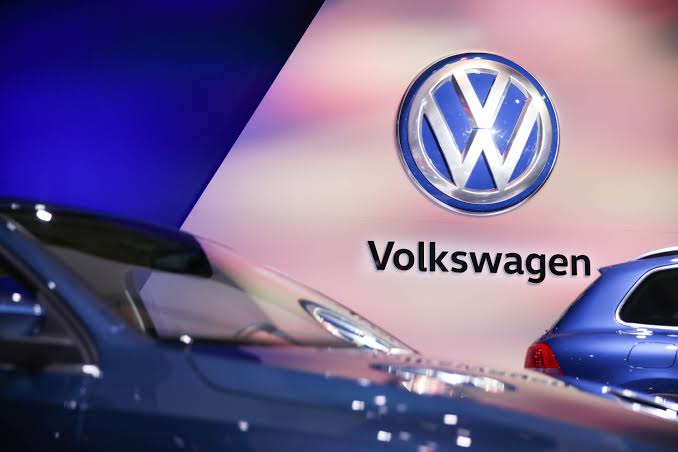
Volkswagen Group is ranked fifth with a $54 billion market capitalization and around $300 billion in revenue. With its ID series, the German automaker leads the way in electric mobility and manages a huge portfolio that includes Audi, Porsche, Lamborghini, Bentley, and Ducati. Volkswagen may have to relocate production to the United States in 2025 as a result of the obstacles posed by U.S. tariffs, which might raise costs per unit by as much as $11,894. Slow EV uptake and fierce competition from Chinese brands caused the corporation to drop to seventh place in the global rankings. Notwithstanding these challenges, Volkswagen's 9.7% market share and emphasis on environmentally friendly transportation options—which has seen a 4.2% increase in the Americas—guarantee its sustained dominance in the global market.
6. Honda:
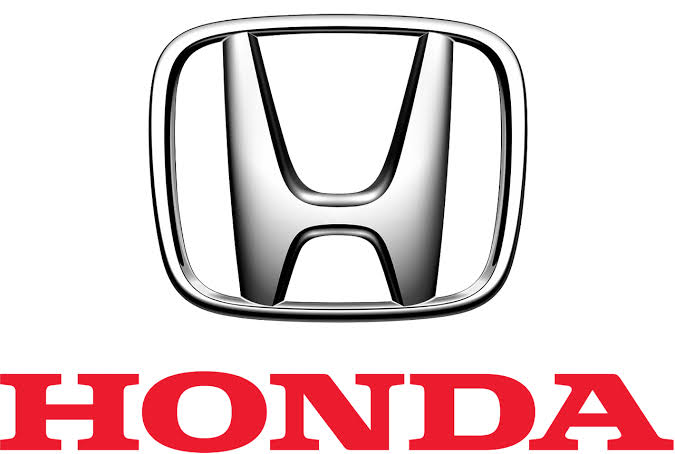
With a $39.8 billion market valuation and $140 billion (JPY 21.7 trillion) in 2025 sales, Honda Motor Co. Ltd. takes sixth place. In addition to increasing the fuel efficiency of its internal combustion engine vehicles, Honda, which is well-known for dependable models like the Civic, Accord, and CR-V, is also speeding up its electrification efforts. The company's concentration on electrifying its motorbike industry and growing its EV lineup positions it for future growth, even though operational profit has decreased. Honda is able to handle market obstacles like tariffs while keeping a firm foothold in Asia and North America thanks to its global sales presence, engineering prowess, and workforce of over 197,000.
7. Stellantis:
With $192.6 billion in sales and a $35.97 billion market valuation, Stellantis, which was created by the 2021 merger of Fiat Chrysler Automobiles and PSA Group, comes in at number seven. Serving a variety of market niches, the international company is in charge of brands including Maserati, Peugeot, Citroën, Ram, and Jeep. Stellantis reported net revenues of €35.8 billion in the first quarter of 2025, a 14% decrease as a result of lower shipment volumes and pricing issues. Nonetheless, its durability is demonstrated by its 29.5% rise in Asia and its early recovery attempts in Europe, where its market share rose. Stellantis is a strong force in the sector thanks to its emphasis on innovation and sustainability as well as its global reach in more than 130 countries.
8. BMW:
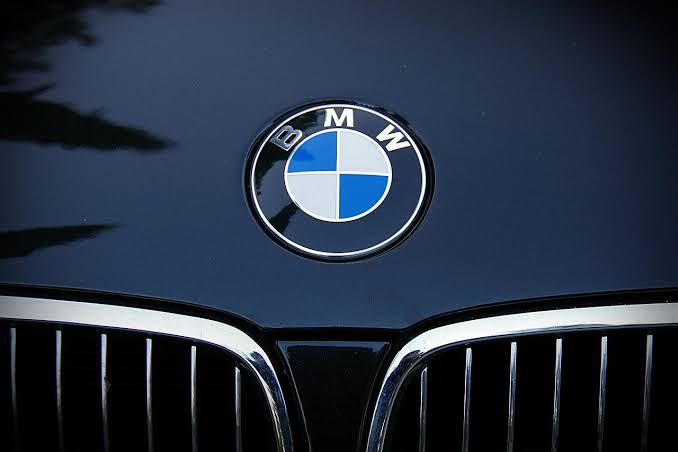
BMW Group comes in at number eight with a market valuation of $57 billion and $162.84 billion in revenue. BMW has its headquarters in Munich, Germany, and operates a robust motorcycle division in addition to the BMW, MINI, and Rolls-Royce brands. The company's varied inventory, which includes the fast 3 Series and opulent X5 SUVs, helped them sell over 2.45 million vehicles in 2024. Despite obstacles from tariffs that raise the price of EVs by $12,000 per unit, BMW's investment in electrification, which includes a new 10 billion yuan battery factory in China, shows its dedication to the EV industry. BMW's strong position in the luxury market is guaranteed by its emphasis on premium branding and autonomous driving technologies.
9. BYD:
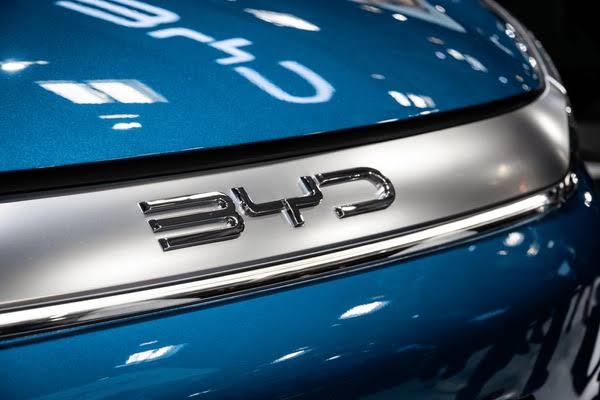
The Chinese automaker BYD (Build Your Dreams), which has a $141 billion market valuation and $24.56 billion (TTM) in sales, has risen to ninth place. With more than 3.39 million EVs shipped in 2024, BYD, which is backed by Warren Buffett, is the market leader in EVs because to its vertically integrated business strategy, which produces batteries, power electronics, and motors internally. With new production facilities in Hungary, Brazil, and Turkey, its e-Platform 3.0 strengthens its global expansion by enabling quick and affordable model rollouts. Due to its affordability and superior battery technology, BYD is a major disruptor in the EV market, competing with Tesla.
10. Mercedes-Benz:

The top 10 is completed by Mercedes-Benz Group, which has a market valuation of $57 billion and $161.20 billion in sales. The German manufacturer, which is renowned for its luxury, accuracy, and innovation, saw a 42.8% loss in net profit and a 7.4% decline in revenue to €33.22 billion in Q1 2025 as a result of pricing issues. However, with models like the high-performance AMG cars and the EQS electric SUV, Mercedes-Benz continues to dominate the luxury market. Despite pressure from Chinese rivals and international tariffs, its competitiveness is maintained by its century-long tradition and investments in electric and autonomous technology.
Comments 0